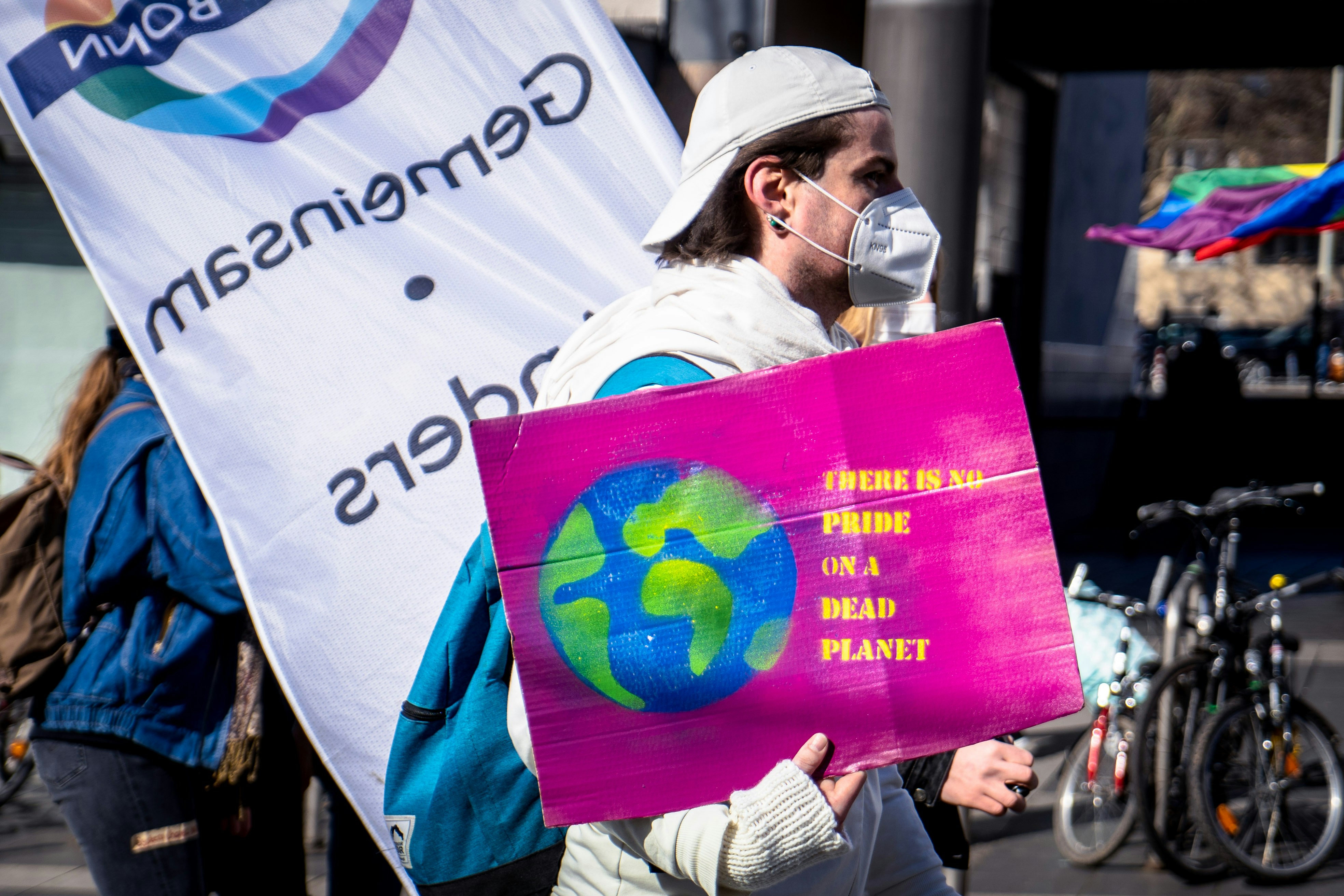
The Rise of Eco-Consciousness: How Every New Generation is Embracing Sustainability
Jan 26, 2024
As our world grapples with the urgent need for environmental stewardship, a promising trend emerges: each new generation is increasingly embracing eco-conscious values and practices. From advocating for climate action to demanding sustainable products and policies, young people around the globe are driving positive change towards a greener future. Let's delve into the factors contributing to this shift and the implications it holds for our planet.
1. Environmental Education:
One significant factor fueling the rise of eco-consciousness among new generations is increased access to environmental education. Schools, universities, and educational programs are placing greater emphasis on topics like climate change, biodiversity loss, and sustainable development. As young people gain a deeper understanding of environmental issues and their interconnectedness, they are more inclined to adopt eco-friendly behaviors and champion environmental causes.
2. Digital Connectivity and Awareness:
The digital age has empowered young people with unprecedented access to information and global networks. Social media platforms, online forums, and digital campaigns serve as powerful tools for raising awareness about environmental issues and mobilizing action. Through hashtags, viral campaigns, and online petitions, young activists can amplify their voices and rally support for environmental causes on a global scale, fostering a sense of solidarity and collective responsibility.
3. Climate Activism and Youth Leadership:
In recent years, youth-led climate movements like Fridays for Future and Extinction Rebellion have gained momentum, capturing international attention and inspiring millions to take action. From organizing protests and strikes to lobbying policymakers and corporations, young activists are driving meaningful change and shaping the public discourse on climate action. Their passion, resilience, and determination are catalyzing broader societal shifts towards sustainability and environmental justice.
4. Ethical Consumption and Conscious Living:
Today's youth are increasingly mindful of the environmental and social impacts of their consumption choices. They prioritize ethical and sustainable brands that align with their values, driving demand for eco-friendly products and practices. From plant-based diets and zero-waste lifestyles to conscious fashion and renewable energy adoption, young consumers are reshaping markets and influencing industries to prioritize sustainability and corporate responsibility.
5. Interconnectedness and Global Solidarity:
In an increasingly interconnected world, young people recognize that environmental challenges transcend borders and affect communities worldwide. They embrace a sense of global citizenship and solidarity, collaborating across geographic, cultural, and socioeconomic divides to address shared environmental concerns. Through international partnerships, youth exchanges, and collaborative projects, they foster cross-cultural understanding and collective action towards a more sustainable future.
Conclusion:
The rise of eco-consciousness among new generations represents a beacon of hope in the fight against environmental degradation and climate change. As young people step into leadership roles and advocate for sustainable solutions, they are driving transformative change at individual, community, and systemic levels. Their passion, creativity, and commitment inspire optimism and remind us of the power of collective action in shaping a brighter, more sustainable future for all. Together, let us continue to support and amplify the voices of youth as they lead the charge towards a greener, more equitable world.
Related articles

